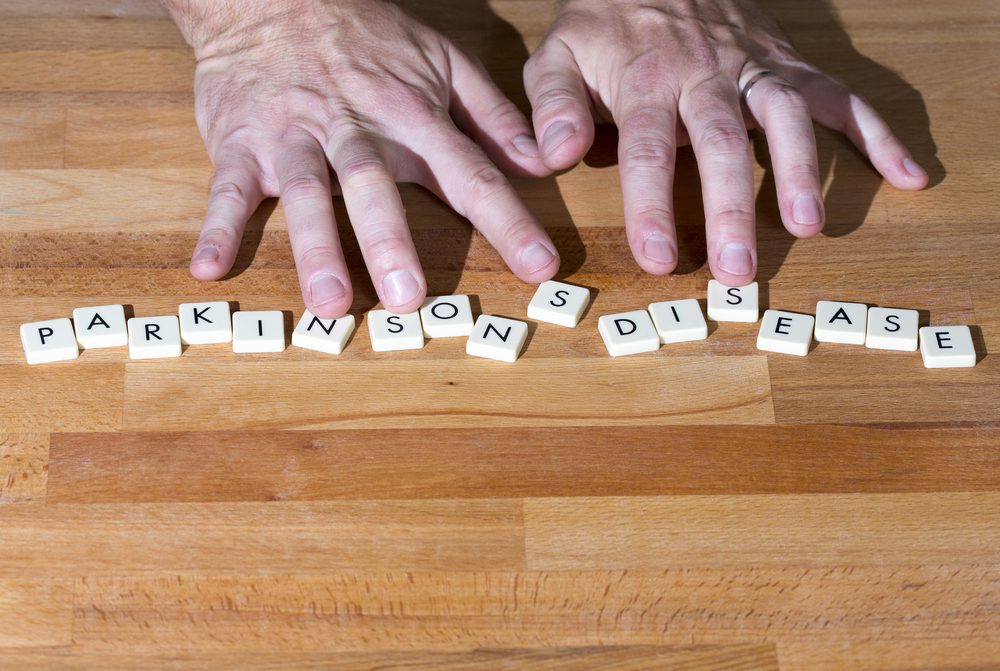
2. Question anxious thoughts
Questioning the source of your hypochondria involves a few steps. Build awareness by identifying the symptoms that you’re experiencing. Ask yourself how your body feels at the moment. Perhaps your pulse is high or you have a headache.
How does that make you feel? Worried, scared, or anxious? Being really conscious of what is happening within you keeps you in the present moment and helps you identify the root of your thoughts.
Next, you can start finding solutions to your anxious thoughts. For instance, if you’re aware you’re enhancing the intensity of your pulse, you can look into other things that may be the culprit. Is your pulse high because you’re under stress? Maybe it’s high because you drank a cup of coffee?
To stop unwanted thoughts and cope with health anxiety, we need to understand how and why we think what we think.










Leave a Reply